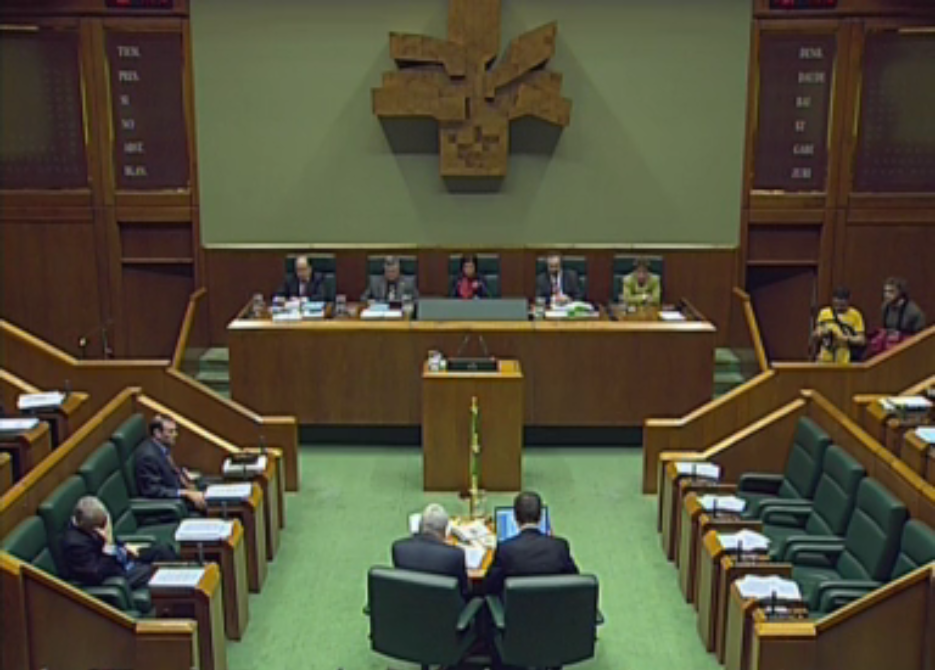Category: News
-
Talaat Pasha’s Report on the Armenian Genocide
compiled and introduced by Ara Sarafian PRESS RELEASE Gomidas Institute 42 Blythe Rd London W14 0HA UK Recent documents released in Turkish archives, combined with surviving documents from Talaat’s Pasha’s private papers, confirm that Talaat was indeed the architect of the Armenian Genocide. There is a clear record that he ordered and supervised the general…
-
Yerevan Hosts International Conference on Genocide Prevention, Condemnation and Elimination of Consequences
YEREVAN (RFE/RL)—Genocide scholars from about 20 countries are in Armenia for a two-day international conference on Genocide that kicked-off on Tuesday in Yerevan. The symposium is titled, “The Crime of Genocide: Prevention, Condemnation and Elimination of Consequences.” [Prominent genocide scholars from about 20 countries participated in the conference: Yves Ternon (France), Leandro Despouy (Argentine), Israel…
-
Address of President Serzh Sargsyan to the Conference dedicated to the 90th Anniversary of Woodrow Wilson’s Arbitral Award
Dear Participants of the Conference, Ninety years ago on this day – November 22, 1920, the President of the United States Woodrow Wilson made an Arbitral Award regarding Armenia’s borders. It was probably one of the most momentous events for our nation in the 20th century which was called up to reestablish historic justice and…
-
Scholars From Across World to Participate in UCLA Genocide Reparations Conference
LOS ANGELES—Scholars from across the world are set to discuss the Armenian Genocide during a conference hosted by the International Human Rights Law Association at UCLA entitled “Genocide and Then What? The Law, Ethics, and Politics of Making Amends.” The event will take place at UCLA’s Dodd Hall Auditorium on Sat., Oct. 23 from 10:30…
-
Armenian Review Publishes New Issue: “Armenia and Armenians in International Treaties”
The Spring-Summer 2010 issue of the Armenian Review was released earlier this month. Titled “Armenia and Armenians in International Treaties,” the new issue examines the history and performance of Armenian diplomacy throughout the ages. The nine articles appearing in this volume explore treaties that Armenians have been involved in from the 4th century CE to…
-

Parlamento Vasco: Declaración institucional en el 90 aniversario del genocidio armenio
Núm. expediente: 08\08\03\00\0059 Fecha sesión: 20.04.2007 Número Diario: 59 Número asunto: 6 Título asunto: Declaración institucional en el 90 aniversario del genocidio armenio Iniciativa origen: 08\11\05\00\0033 Oradores: Presidencia del Parlamento Vasco Observaciones: Sin incluir en la convocatoria Vídeo: Presidenta del Parlamento Vasco (14:19) [Ver vídeo] Se suspende la sesión. (14:28) Texto completo: Ahora tenemos una…